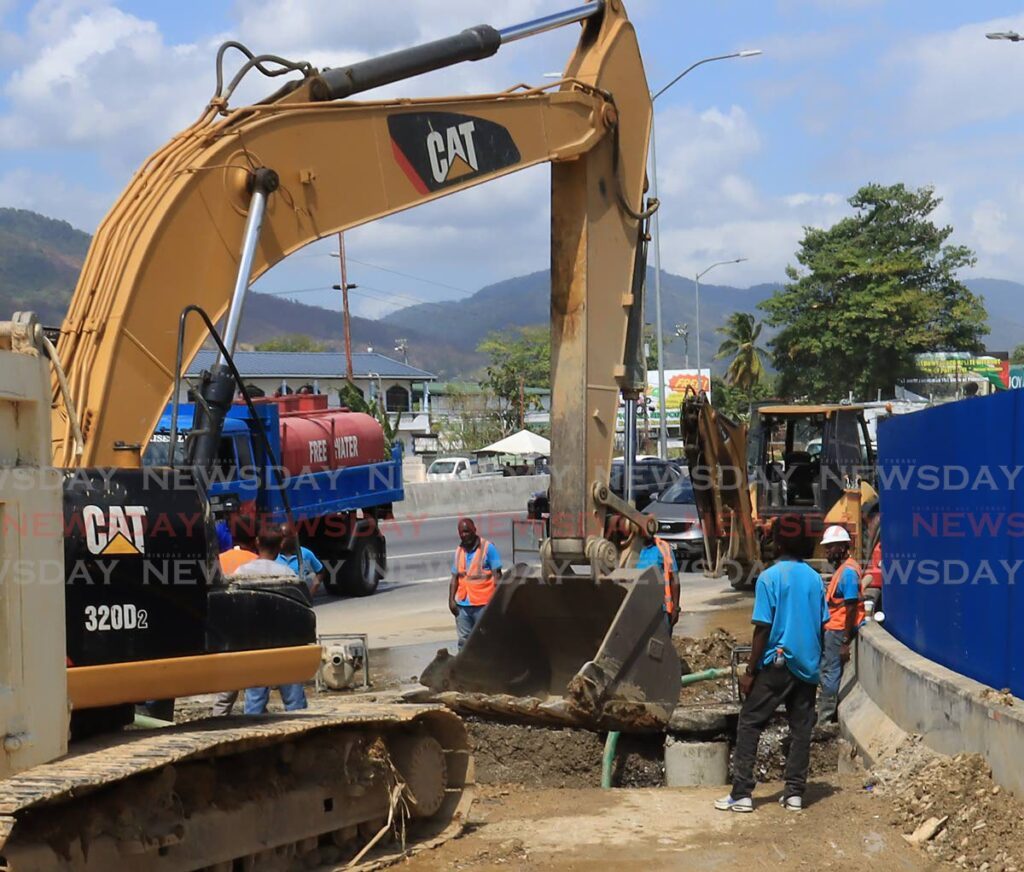Come good on potholes, WASA

The promise by the Water and Sewerage Authority (WASA) to repair leaks without creating potholes falls firmly in the category “wait and see.”
The nation’s roads are a critical asset, and their condition, for decades material for countless memes and jokes, is an unquestionable embarrassment. Many of them might as well be bottomless potholes into which the State throws money.
The authority signed a memorandum of agreement with Lake Asphalt TT (LATT) on April 16 to collaborate on 9,000 upcoming public-works projects.
The current practice of using excavated materials for repairs will be abandoned, but there are no details of the best-practice systems that should replace them.
WASA’s excavation of roads to repair leaks brings an assortment of deleterious results.
The repaired line will increase pressure and often cause other leaks on the line, sometimes appallingly close to the original leak.
After the hole has been filled, WASA’s practice has been to allow the fill to settle, assisted by passing vehicles. This practice raises dust and, until the resultant mound sinks to the level of the rest of the road, creates a hazard.
The authority also has no apparent schedule for this settling period, and roads are often left in this state for far too long.
Tuesday’s announcement was hallmarked by a welcome candour about the remedial roadworks that follow WASA’s subterranean pipe repairs.
The authority’s chairman, Ravindra Nanga, acknowledged the state agency’s “outdated methods” – but no clear change to improve roadworks was shared.
The hope seems to be that LATT’s understanding of its product and its correct use will dovetail with WASA’s willingness to engage knowledgeable assistance.
Perhaps further help should be sought. The International Road Assessment Programme (iRAP) offers a range of services and tools that assess the quality of existing road infrastructure and design improvements that reduce transport costs, improve efficiency and save lives. iRAP is registered with the UN as a partner in its global sustainable development goals.
Our roads undoubtedly need more than well-intentioned promises round a boardroom table.
Road maintenance is a continuously scheduled activity, not an unceasing chase after deteriorating roads.
And there are larger issues involved here than the proliferation of potholes. There is WASA’s continuing inability to do more than patchwork on a largely end-of-life pipeline system, each repair revealing new vulnerabilities.
Then there is the inability of the Works Ministry to establish effective, uniform systems for road construction, maintenance and repair.
Both are big problems that demand institutional investment on a significant scale.
Until then, the price for these failures will continue to be paid by the public, both in inconvenience and in excessive spending on inadequate infrastructure work.

Comments
"Come good on potholes, WASA"